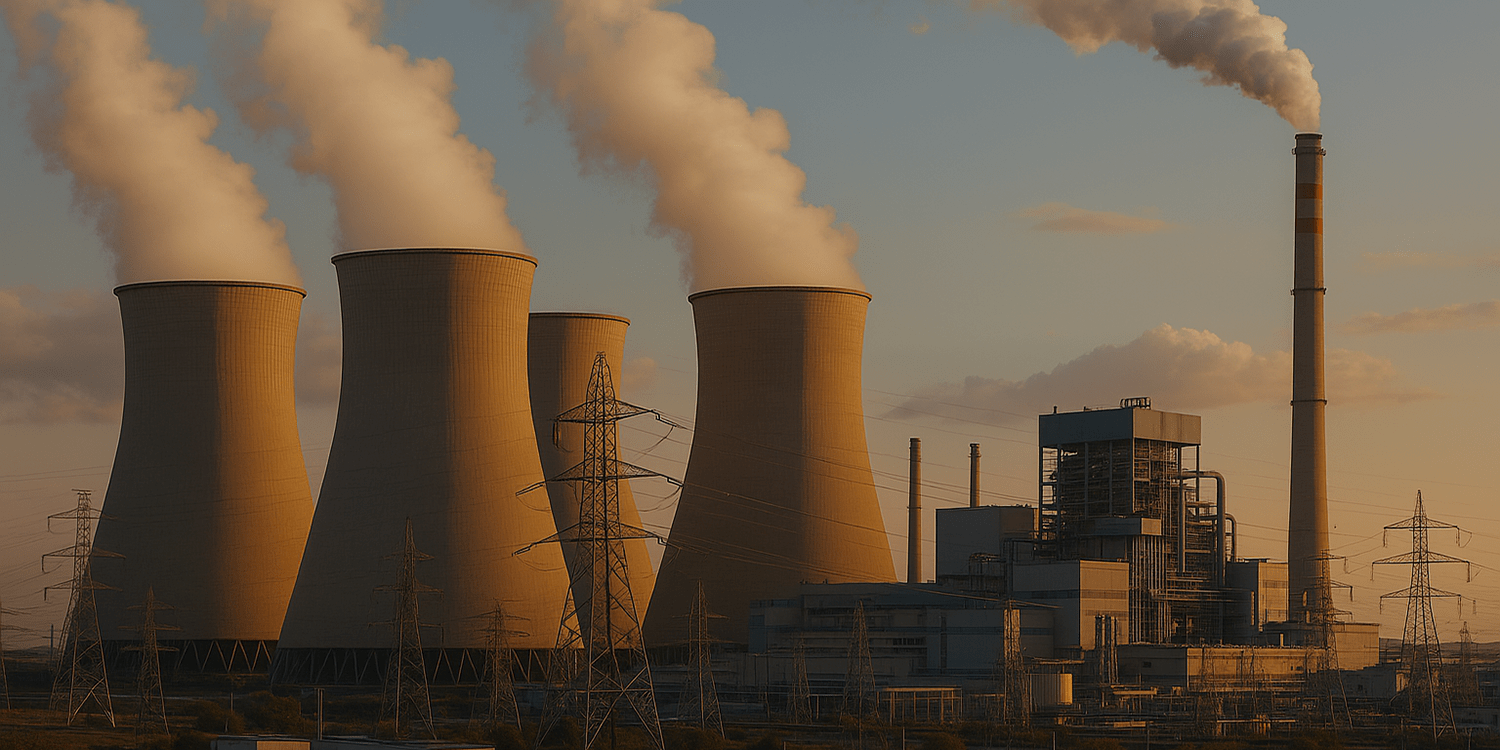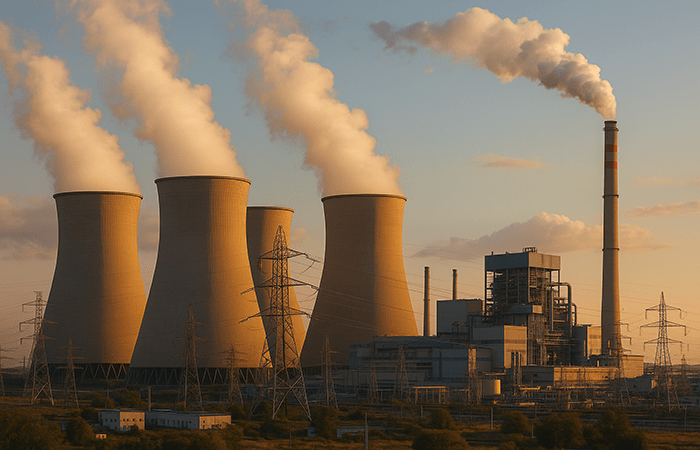
The power plant industry encompasses a range of activities and processes that convert energy from various sources into electricity.
It forms a crucial pillar of energy supply, supporting both industrial and everyday energy needs worldwide.
Power plants generate and supply electricity using diverse energy sources—including fossil fuels, nuclear power, and renewables like wind and solar—and deliver this electricity to the power grid.
These plants burn fossil fuels such as coal, oil, or natural gas to produce thermal energy, which generates steam. The steam drives turbines that convert mechanical energy into electricity.
Advantages: Fuel availability, relatively low production costs under certain conditions
Disadvantages: Greenhouse gas emissions, air pollution, reliance on limited fuel reserves
Nuclear energy is produced by splitting atoms (usually uranium) in a fission reaction. The released energy heats water into steam, which powers turbines to generate electricity.
Advantages: High efficiency, no air pollution during operation
Disadvantages: High construction and maintenance costs, radioactive waste, safety concerns
Wind turbines convert the kinetic energy of wind into electrical energy by spinning blades connected to generators.
Advantages: Clean, renewable, and reduces greenhouse gas emissions
Disadvantages: Dependent on wind conditions, high upfront installation costs
Solar panels convert sunlight into electricity via photovoltaic or thermal processes.
Advantages: Renewable and pollution-free energy source
Disadvantages: Dependent on sunlight availability, significant initial investment
These plants harness the potential energy of water stored at height (e.g., in dams) to generate electricity by turning turbines as water flows down.
Advantages: Clean, reliable, and renewable
Disadvantages: Dependent on water resources, potential environmental impacts from dam construction
Organic materials such as wood, agricultural waste, or other biological residues are burned to produce thermal energy, which is then converted into electricity.
Advantages: Renewable energy source, helps reduce waste
Disadvantages: Requires a continuous supply of biomass, potential pollutant emissions

Power plants are essential for economic growth and social development, providing the energy foundation for modern life. The sector is evolving toward greater use of renewable energy, improved efficiency, and reduced environmental impacts to meet future energy demands sustainably.